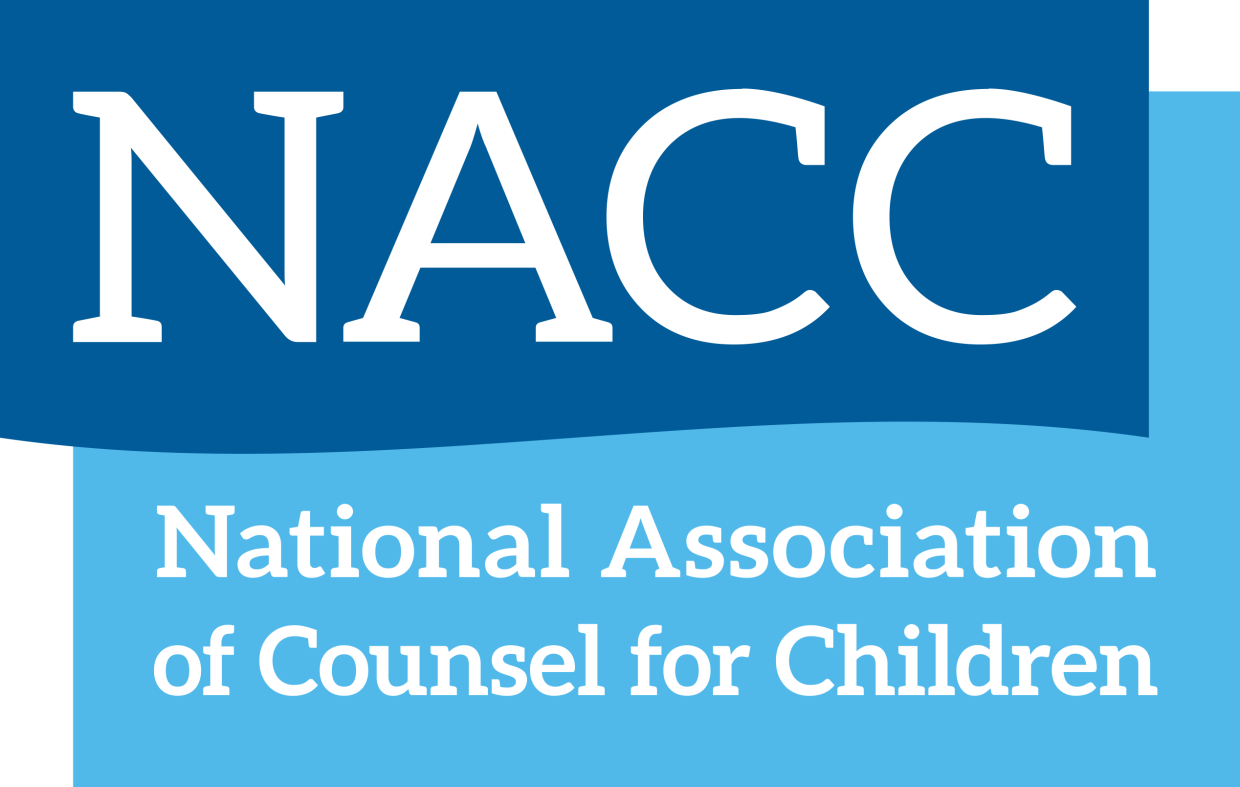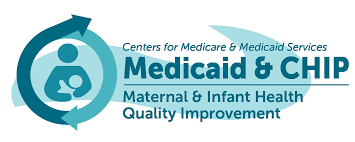Developmental relationships—or relationships with supportive adults and peers—are critical for young people, especially young people who grow up in challenging circumstances like the child welfare system. Developmental relationships have many benefits, including helping young people shape their lives, build resilience, … Read More
Attorneys

Incorporating Lived Experience Into Child Welfare Capacity Building
Purpose and Scope The purpose of this brief is to inform child welfare professionals about the work being done by the Child Welfare Capacity Building Collaborative (The Collaborative), which includes the Center for Courts, Center for States, and the Center … Read More

Legal Assistance for Native Kinship / Grandfamilies Involved with Child Welfare: How to Find an Attorney & Help Them Help You
Do you need legal advice? When you become involved in a child placement custody case (whether the child was removed from your home or you are a grandparent or other relative who would like to care for the child), it … Read More

Your Case, Your Rights: Your Guide To Exercising Self-Advocacy
Your Case, Your Rights: Companion Guide Step 1: Believing in Your Rights Practicing Self-Empowerment Activities When we were talking with current and former foster youth about creating this guide, a common theme we heard was foster youth needed to believe … Read More

QIC-EY Lessons Learned: Fundamental Insights to Engage Children and Youth
Launched in October 2021 and funded by the U.S. Department of Health and Human Services, Administration for Children and Families, Children’s Bureau, the Quality Improvement Center on Engaging Youth in Finding Permanency (QIC-EY) is charged with advancing child welfare programs … Read More

Modernizing Minor Guardianship in State Courts
More than 4% of all children live in kinship care arrangements, where relatives are responsible for children who may or may not have a living biological parent. One such arrangement is commonly known as minor guardianship, where caregivers can petition … Read More

Capacity Building Center for Tribes Prevention Brief
Introduction Prevention-centered practices are rooted in the belief that a child’s connection to their family and tribal communities keeps the community whole. Honoring our stories, Indigenous ways of knowing, and belief systems when developing prevention practices can help programs increase … Read More

Advocating For Reasonable Efforts For LGBTQIA+ Youth In Foster Care
Attorneys representing children and youth in foster care cases have an affirmative duty to advance equity for their clients. This responsibility is particularly important when providing legal representation to LGBTQIA+ youth, who experience disproportionate and disparate child welfare outcomes. NACC … Read More

Fostering Responsible Tech Use
Balancing the Benefits and Risks Among Public Child Welfare Agencies Across the country, child welfare agencies work with over 390,000 youth in foster care each year by temporarily placing them in foster homes, facilitating adoption if parental rights are terminated, … Read More

Timely Health Care for Children and Youth in Foster Care: Getting Started on Quality Improvement
This video provides an overview of how Medicaid and child welfare agencies can start a QI project to improve timeliness of health services for children and youth entering foster care. The Model for Improvement is built on small tests of … Read More
